|
The Rusty Toque is pleased to cross-post selections from the All Lit Up blog's Poetry Month series Poetry Primer in which poets from across the country select their favourite up-and-coming poets. Visit the All Lit Up blog for this and other Poetry Month treats! Established poet and women's activist Sonja Greckol highlights the corporeality of Kate Hargreaves' debut poetry collection, Leak, as her poetry primer pick. Greckol's work is inspired by activism: she began writing upon the re-election of Ontario Premier Mike Harris. She's coordinated poetry for Women and Environments International Magazine and has served as the Associate Rep representative on the National Council of the League of Canadian Poets, and currently works with the Toronto Women's City Alliance. Her poem "Emilie explains Newton to Voltaire" was nominated for the 2008 CBC Poetry Prize. Her most recent collection, 2014's Skein of Days (Pedlar Press), streams together newspaper headlines, excerpts of Governor General Award-winning poetry collections, and song titles (among other elements) to create an experience that is "cacophonous, soothing, disturbing, comic, comforting, melodic" (The Rusty Toque). Greckol's pick, Kate Hargreaves, chooses source material in Leak that is a little closer to home: the poet's own body is juxtaposed against her language. The multi-talented Hargreaves has previously published Talking Derby: Stories from a Life on Eight Wheels (Black Moss, 2012), appeared in numerous literary magazines and anthologies, and serves as a publishing assistant and book designer in Windsor, Ontario. Leak has been called an "exciting poetic debut" by Susan Holbrook – see why for yourself with "Stems", below. Sonja Greckol on why she chose Kate Hargreaves: Kate Hargreaves -- LEAK ...and she piles, plies, pulls, pliés and pleas...and she's off and playing and turning .. The humanoid tangloid on the cover of Kate Hargreaves's first poetry collection, Leak, alerted me to the intricacies of a body, lush and darkly striated and entangled in growth. Then the surge of verbs: heap, chew, skim, pore, chip, peel open into a body, always into a body that struggles with itself. I am primed with my own surfeit of breaks, sprains and scars — those storied bumps, falls, incisions, anxieties, fears and joys — that etch each daily life. Hargreaves is playing for keeps here, nothing is frivolous on the inside like nothing is frivolous on the cover; everything appears fantastic, it is all precisely ordered and disordered and present. Each opening riff, musically both casual and precise, lifts and spins me along these verbs that nail quotidian self-care or immolation: She heaps her plate with Brussels sprouts. She chews more than she can bite off. She picks a scab and tucks it into her purse. She pores over her blackheads in the bathroom mirror.. She chips her tooth on a stale raisin. She peels away the skin on the side of her thumb. Little word puffs to my eye enervate and illuminate a complex embodiment and I am chasing, heelweighted while Hargreaves lifts and spins and undulates:ties her laces, scrapes her shins, composts in her bed, rubs cream onto purple knees shaving around stubble swell. It's Hargreaves handling of the stuffness of that daily life in a body, in a house, in a city, on roller skates that is arresting. Each poem opens out into complex word play, riven through with paratactic shifts that accumulate a factenergy that threatens to but never comes apart. I am amused and challenged by the bones of her poems, while I rush headlong in awe of her corporeality and my own. There are no abstractions, no summations to be found in Leak, just delight in the skill and disquiet at the quiet end: my body of work | pressing warm sheets into your hands. Kate Hargreaves on why she writes poetry, and who her influences are:
I hated poetry until I was 18 or 19. I had loved reading my entire life, but somehow hadn't encountered any poetry that excited me; I went into my undergrad in English and creative writing with the firm belief that poetry was a bunch of abstract, pretentious nonsense and that I would stick to short fiction and never, ever write a poem. Cue some wonderful professors, namely Susan Holbrook and Nicole Markotic, who heaped upon their classes visceral, surprising, playful, energetic poetry from people like Sina Queyras, Fred Wah, Jenny Sampirisi, Nikki Reimer, and Haryette Mullen, who really showed me how vibrant and tangible the form could be. I found out that poetry was a space where I could play with language and question its cliches and idioms without falling into abstraction, and that my favourite poems were the ones that made me feel like they had me by the guts. Those were the poems I wanted to write. Seven years later, I'm absorbed by the play and possibility in poetry, and I don't think I've ever finished writing a short story. *** Follow along with our Poetry Primer series all April long or get the full collection of featured poetry plus a poem from each of our established poets in our new chapbook, ibid. Get a free ebook copy if you buy a collection of poetry from All Lit Up during National Poetry Month. The Rusty Toque is pleased to cross-post selections from the All Lit Up blog's Poetry Month series Poetry Primer in which poets from across the country select their favourite up-and-coming poets. Visit the All Lit Up blog for this and other Poetry Month treats! Award-winning poet and novelist Arleen Paré does us the honours of selecting our next emerging poet. Hailing from Montreal, then a long stopover in Vancouver as a social worker and administrator, and now, residing in Victoria, Paré's works have garnered the acclaim of the Dorothy Livesay BC Book Award for Poetry and the Victoria Butler Book Prize. Her latest book of poetry, Lake of Two Mountains (Brick Books, 2014), won the 2014 Governor General's Literary Award for Poetry. The jury noted that it was a poem of "sustained beauty, an almost monastic meditation on the overlapping centres of human and natural reality." Arleen Paré has chosen fellow Brick Books poet Karen Enns as an emerging poet to watch, and with good reason. Also residing in Victoria, but having grown up in a Mennonite community in southern Ontario, Enns works as a private piano instructor and writes poetry of notice: her first collection, That Other Beauty (Brick Books, 2010), was shortlisted for a Gerald Lampert Award. Her most recent collection, Ordinary Hours, explores her Mennonite childhood and the community's original diaspora from Russia. Get lost in the "sublime pleasure" (review, Michael Dennis) of Enns' poetry with an excerpt fromOrdinary Hours, below. *** Arleen Paré on why she selected Karen Enns: I have chosen the wonderful Victoria poet, Karen Enns, to showcase in the LPG project for National Poetry Month because she is simply one of the most evocative, tender, lyrical poets to be recently published. She uses words economically, wisely, precisely. She writes from long contemplation, out of silence about music, sorrow, hauntings. Her poems are intelligent and open, but quiet with understated emotion. They are political too. Enns grew up in a Mennonite family/community in southern Ontario. Her community has a history of harsh exile from Russia for their Mennonite beliefs. She writes poignantly about the results of this sort of exile. The loss, the pain. This is the reason her poems are important in the general Canadian contest: they speak of an immigrant population that receives little attention. She draws our attention to it. Beautifully. Karen Enns on why she writes poetry, and who her influences are:
I've often wondered how a musical phrase, which is really just the particular order in which a series of pitches of various lengths are arranged, can be capable of such emotional power. One note placed differently or held for a shorter or longer period of time can change the entire effect. A line of poetry, or a group of lines, works the same way. That something so briefly heard can stay with us so long, that we remember lines of verse or music our entire lives, or that we remember the exact place and time of our first hearing them, is hopeful. This is reason enough to write poetry. To me, the craft of making the poem after the initial draft or fragment is completely absorbing: putting it together, taking it apart, cobbling and splicing. And beyond that — the compression and restraint that go into taking what seem like enormous complexities and distilling them into the one metaphor or image that clicks. Who wouldn't want to write poetry? It's been said by others before me that writing a poem is an act of faith. I would add that it can also be a very private act of faith. Not long ago I was walking along a beach in Vancouver and noticed a carver who had displayed his work on a low rock wall. Further along that wall he had set three stones of various shapes. They seemed so carefully chosen, so exquisitely placed, to catch the light in such a way that their shadows became as much a part of the form as the stones themselves. I don't know if anyone else noticed — people were walking and jogging by — but my belief that no one else was aware of the particular slant of those particular shadows in that moment was, I think, somehow important. The artist had created something in solitude and offered it to the private space of my attention. It was exclusive and generous at the same time. I like to think of writing poetry in this way. It's difficult to say what influences are at work in one's own writing. The sounds we're surrounded by during our childhoods stay in our ears: the music, our first language, the stories and verses we hear, and the distinctive noise of our geographical and cultural landscapes. In recent years I've found myself drawn to the work of Polish poets: Zagajewski, Milosz, Szymborska, Herbert, and Rozycki. It may be that their poetry, so haunted by the historical traumas of the 20th century, carries echoes for me; it resonates with the culture of the displaced and traumatized Russian Mennonites I grew up among. I feel the responsibility of the art form through knowing their poems. *** Follow along with our Poetry Primer series all April long or get the full collection of featured poetry plus a poem from each of our established poets in our new chapbook, ibid. Get a free ebook copy if you buy a collection of poetry from All Lit Up during National Poetry Month. The Rusty Toque is pleased to cross-post selections from the All Lit Up blog's Poetry Month series Poetry Primer in which poets from across the country select their favourite up-and-coming poets. Visit the All Lit Up blog for this and other Poetry Month treats! Marilyn Dumont is one of Canada's preeminent Métis poets—needless to say we jumped at the chance to have her select a new, up-and-coming voice for our Poetry Primer series. Dumont, from northeastern Alberta, is an award-winning poet, has been a writer-in-residence at several Canadian universities, libraries, and at the Banff Centre. She is also an educator, teaching creative writing and Native Studies. Her most recent collection of poetry from ECW Press, The Pemmican Eaters, looks at the Riel Resistance. Coming up in August, Brick Books will re-issue Dumont's 1996 collection, A Really Good Brown Girl, on the occasion of their 40th anniversary with a new introduction by Lee Maracle. As a poet with an established voice in the Canadian poetry landscape, Marilyn Dumont selected slam poet, visual artist, and environmental activist Natasha Kanapé Fontaine as an up-and-comer she feels will make an impact. Her first collection of poetry, Do Not Enter My Soul in Your Shoes, was originally published in French and won the Society of Francophone Writers of America poetry prize in 2013. Now translated by Howard Scott, it is available in English for the first time from Mawenzi House (formerly TSAR Publications). * * * Marilyn Dumont on why she chose Natasha Kanapé Fontaine: Unlike prose, poetry includes prayer as a common form within its accepted perimeters. By prayer, I mean reflection on self within a holistic cosmos rather than any faith affiliation. I think that this is the first reason many people are drawn to reading and writing this genre. But it’s a mode of being that Indigenous people have been practicing for centuries as oral text recounting cultural history, kinship and socio-economic bonds, ceremonial rituals, etc. All women, but particularly Indigenous women in Canada, need to be heard and seen. I met Natasha Kanapé Fontaine in Trois Rivières, Québec during the International Poetry Festival. I was struck by Natasha’s writing and the performance of her work, which lifted me out of my seat, each note of her rebellious presence pushing back against conformity. Through her work, Natasha takes up space not only on the page, but also on the stage and within her homeland through her gender and race. Jeannette Armstrong, in a powerful paper delivered to the Saskatchewan Writers Guild Conference of 1990, stated, “Our task as Native writers is twofold. To examine the past and culturally affirm toward a new vision for all of our people in the future, arising out of the powerful and positive support structures that are inherent in the principles of co-operation.” Indigenous writers such as Natasha (whom I am in contact with) carry the untold narratives of Canada, and frequently these “tellings” shed light on dark areas which can change with new energy of co-operation. Natasha Kanapé Fontaine on why she writes poetry & who her influences are:
Poetry chose me. It came to me one spring day, four years ago, through Joséphine Bacon’s, Bâtons à messages. I discovered in that book a vision I'd seen before while painting. Visions are about traditions, ancestral territory, our motherland and my relation with it. And I discovered that I was not the only one who was seeing it. That's how I came to poetry, and poetry came to me, bringing me back to our traditions. Poetry is my identity. In our language, Innu means “human being.” I am influenced by movements in our country, in our world, in our humanity. I am influenced by events that concern my people. I hear drums, I hear songs and voices. And I write in the name of my people, and future generations, and the future of our planet. I put my truth in my poetry. Poetry is hope, it is truth. It makes me complete as a human being and as an Innu woman. I am here to change history, like everyone here living on this land under our feet. * * * Missed the first three posts in our Poetry Primer series? Follow all the action, all month long, here! The Rusty Toque is pleased to cross-post the All Lit Up blog's Poetry Month series Poetry Primer in which poets from across the country select their favourite up-and-coming poets. Visit the All Lit Up blog for this and other Poetry Month treats! Our first established poet in our Poetry Primer series is Elizabeth Bachinsky. Hailing from British Columbia, Bachinsky has published five collections of poetry, including her latest The Hottest Summer in Recorded History (Nightwood Editions). She has been nominated for such awards as the Governor General's Award for Poetry and the Pat Lowther Award, and her poetry has been adapted for both stage and screen. Applauded by Jeanette Lynes for her "sheer moxie" we knew she was a great poet to kick off our National Poetry Month festivities! When we asked her to select an up-and-coming poet Elizabeth chose a fellow West Coaster, Kayla Czaga. Kayla published her first collection of poetry with Nightwood Editions, For Your Safety Please Hold On last fall and it was recently the only debut collection nominated for the Dorothy Livesay Poetry Prize. Poet Paul Vermeersch said this about her collection: "... Reading it is like being brought into someone’s home and told all the family secrets—never an imposition, it feels rather like an initiation into the clan." Enough of an introduction, over to Elizabeth! * * * Elizabeth Bachinsky on why she selected Kayla Czaga: I first met Kayla Czaga in 2013. She was one of my students in a graduate publishing class at UBC—the kind of class where you learn to tell your kerning from your leading—and one day after class, despite my protesting, she shoved a fistful of poems in front of me and we sat down to talk about them. I was not only taken by the talent evident in the poems on the table in front of me but also with the young woman who had produced them. Blushing, stammering, she gave me a history of the Stakhanovite movement in socialist Russia and her appraisal of the effectiveness of Russian propaganda which struck her, if I’m remembering correctly, as “effective.” Czaga was, I think, twenty-one at the time and was nearly through with her graduate degree. She came from Kitimat. She lived above a grocery store. She wrote these very grown-up insightful poems. It was as if a valkyrie had let down beside me. Later on, I’d turn out to select one of her poems, the poem featured here for National Poetry Month, as a winner for a poetry competition at the Fiddlehead magazine. The judging was blind. They’d sent me quite a stack, and still that poem, hers, rose to the top of the pile. Blind. There’s just something about her voice. Funny, confident, unique. I can only describe it as the kind of voice into which one can relax. Because you can trust Kayla Czaga. She’s got this. She knows where she’s headed. It’s OK. You can just relax and enjoy the poems. I don’t know what impact any of us poor poets can hope to have on Canadian poetry in the long run. But I hope Czaga will be one of those who keep adding to it. Her first book is every bit as interesting as first books by Erin Moure or Karen Solie and, like them, I want to read Czaga in ten, twenty, thirty years and see what fascination she’s following now. Selfishly, I just want her to keep going. Keep going, will you, Czaga? Kayla Czaga on why she writes poetry & who her influences are:
I write because I like writing more than I like doing anything else. Why do I like writing? I don’t really know. I could’ve easily liked doing other things—playing tennis or saxophone or sculpting. I think it has something to do with my upbringing. I grew up in a small northern BC town where people didn't usually talk about a lot of deep issues. I don’t have siblings and my parents are quiet people, so I read a lot. Books spoke to me about a great many things. Is it cheesy to say they were my best friends? They were my best friends. I started writing instinctually in response to the reading I did. My entire childhood and adolescence I wrote—everything from screenplays to novels about my cat—and I haven’t stopped, though I mostly write poems now. I can’t really imagining doing much else with my time. I am always accumulating new favourite writers, so it’s difficult to list writers who have influenced me without feeling I’ve skipped many people. I own most* of Anne Carson’s books, so I think she’s been significant. Matthew Zapruder. Mark Strand. Anne Michaels. Mary Ruefle. Dean and Kevin Young (not related). I am also inspired by language in the world. The title (and title poem) of my book For Your Safety Please Hold On comes from stickers on Vancouver buses. Another poem I wrote is called “May Contain Traces.” A few years ago, I was at a hostel in the Okanagan that was plastered with signs that said, “You are in video.” I loved that. *I can’t say “all” because I lent one to a friend and it never came back, and I haven’t replaced it yet. * * * We'll be back tomorrow with more poetry! Want to know which other poets we'll be featuring in our Poetry Primer series? Check out the details here. |
RUSTY RECOMMENDS
In the spirit of supporting writing—especially writing that's off the radar or under appreciated—we want to know what you are excited about reading and what you think we should be reading. Your recommendations should be paragraph length (approximately 250 to 300 words) and should briefly summarize the book and detail why you are recommending it or why you think others should read it. Send our reviews editor Aaron Schneider your recommendations of Canadian and International fiction and poetry. Please write "Rusty Recommends" in the subject line. Include your (250 to 300 word) recommendation, name, and a link to your website, blog, or social media site (if you have one). Selected recommendations will be posted on our website. We will contact you if your recommendation is selected for publication. There is no payment for publication of Rusty Recommends. Archives
July 2015
Categories
All
Rusty Recommends Editor:
Dr. Aaron Schneider completed a PhD. in Canadian Literature at Western University where he currently teaches courses in public speaking, political rhetoric and Canadian Literature. He is excited about bringing together his interests in World and Canadian Literature. He is the co-founder and co-editor of The Rusty Toque and Western's online student journal Occasus. |

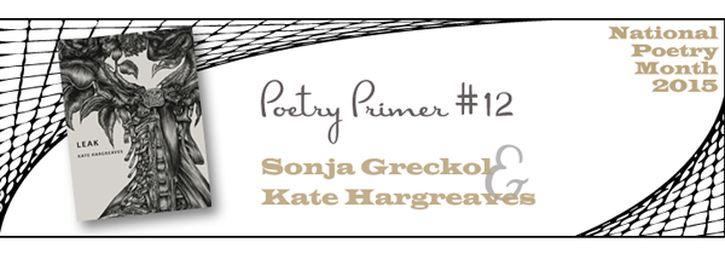
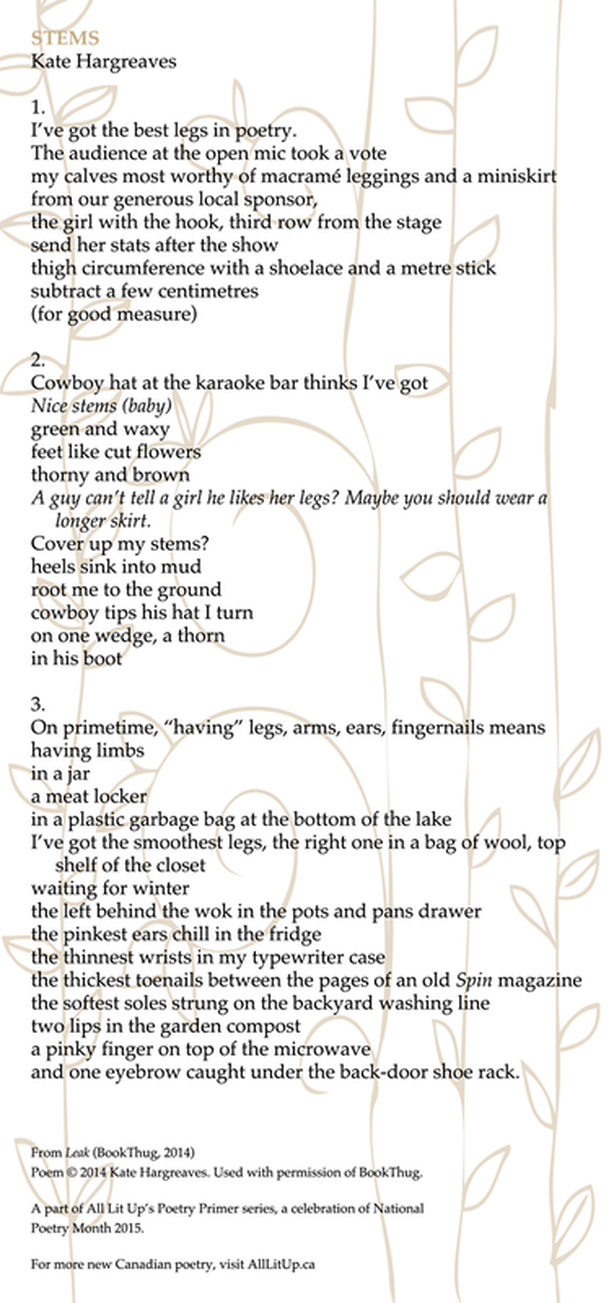
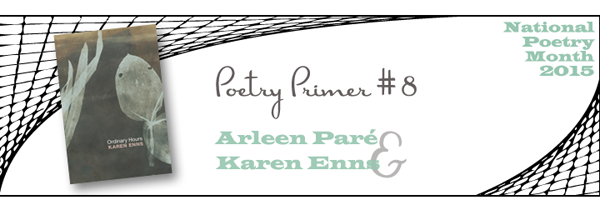
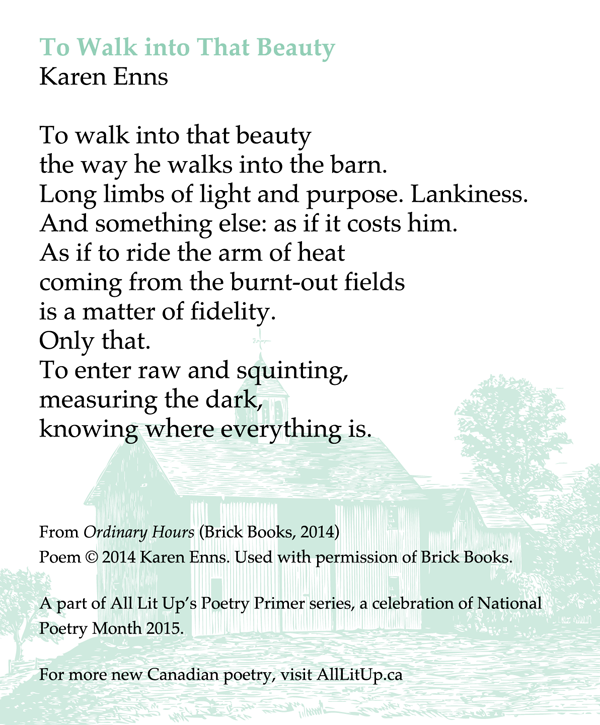
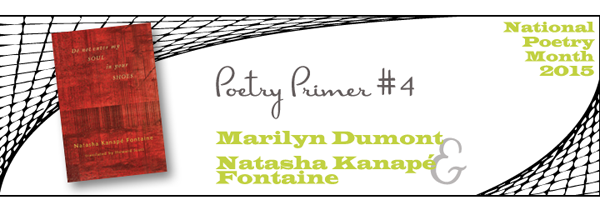
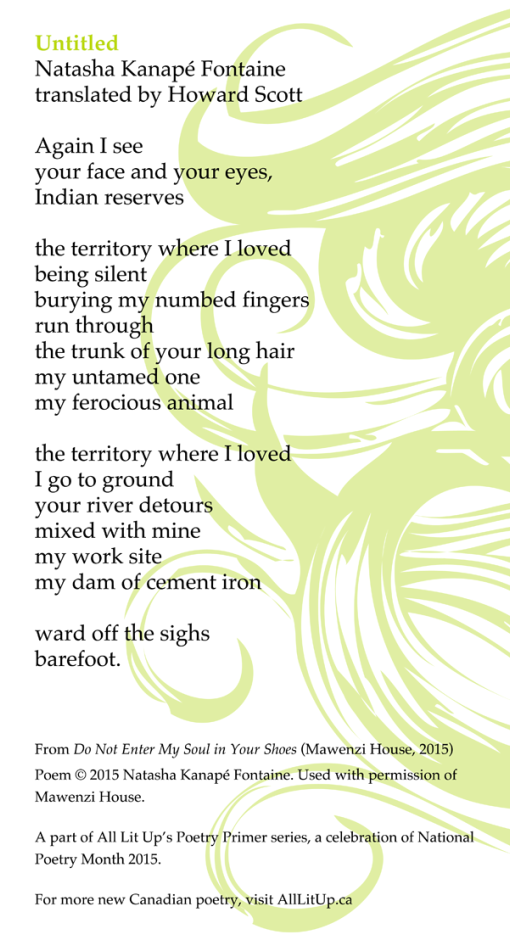
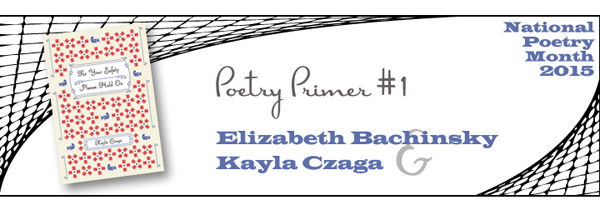
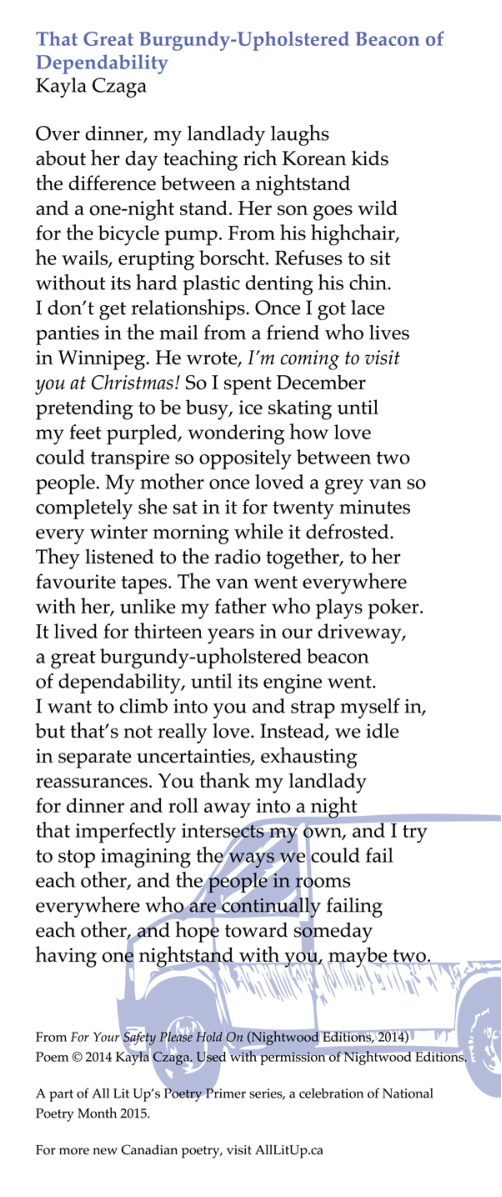
 RSS Feed
RSS Feed
